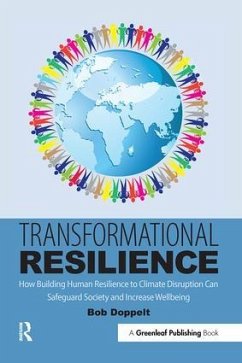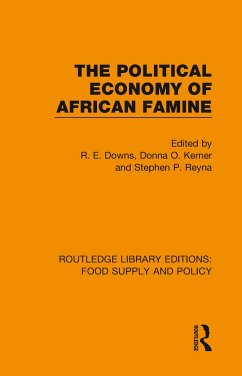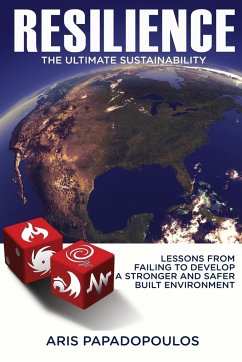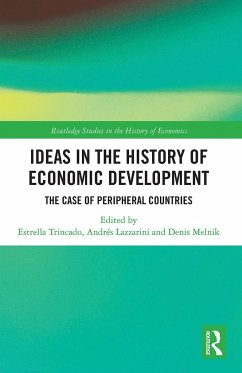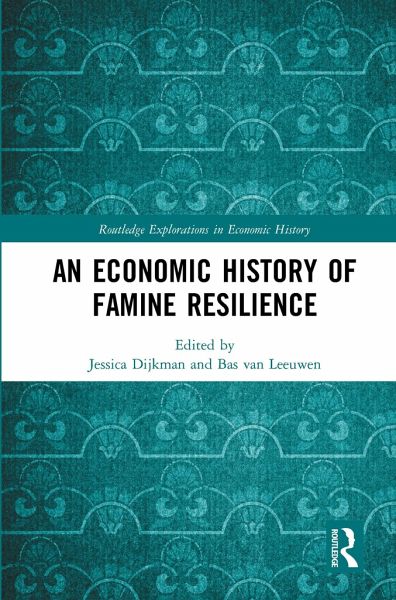
An Economic History of Famine Resilience

PAYBACK Punkte
28 °P sammeln!
Food crises have always tested societies. This volume discusses societal resilience to food crises, examining the responses and strategies at the societal level that effectively helped individuals and groups to cope with drops in food supply, in various parts of the world over the past two millennia. Societal responses can be coordinated by the state, the market, or civil society. Here it is shown that it was often a combined effort, but that there were significant variations between regions and periods. The long-term, comparative perspective of the volume brings out these variations, explains...
Food crises have always tested societies. This volume discusses societal resilience to food crises, examining the responses and strategies at the societal level that effectively helped individuals and groups to cope with drops in food supply, in various parts of the world over the past two millennia. Societal responses can be coordinated by the state, the market, or civil society. Here it is shown that it was often a combined effort, but that there were significant variations between regions and periods. The long-term, comparative perspective of the volume brings out these variations, explains them, and discusses their effects on societal resilience. This book will be of interest to advanced students and researchers across economic history, institutional economics, social history and development studies.







